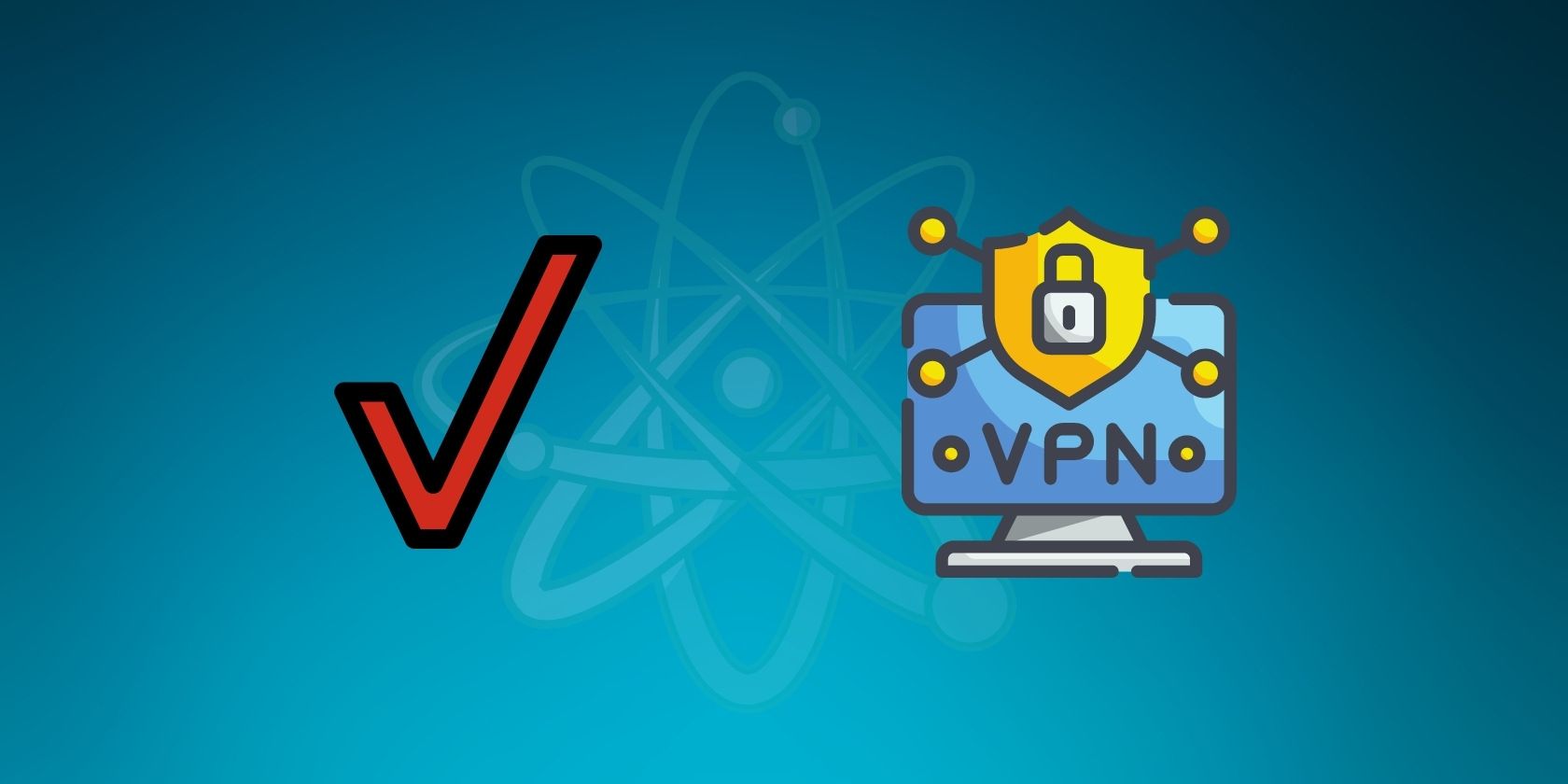Verizon is one of the biggest cell carriers in the US. Recently, they have been focusing on quantum-based technology to enhance the security of future communications.
To start with, they have started trials for a quantum-safe Virtual Private Network (VPN). So what is a quantum-safe VPN? How might they work to keep users secure?
What Is a Quantum-Safe VPN?
At present, all encrypted data is essentially safe from attackers when using a VPN. With an active encrypted connection, the data riding the network is safe from hackers.
However, with technological advancements, the computing power of a quantum computer should be able to decipher the key of the encryption.
And so, a quantum-safe VPN is needed to enhance the encryption of the data that travels through the network. A quantum-safe VPN will utilize Post Quantum Cryptography (PQC) to enhance the level of encryption in the network. This should ensure that the key cannot be deciphered using a quantum computer.
Why Do We Need a Quantum-Safe VPN?
No matter how secure the systems are, a variety of cyberattacks eventually leads to a data breach. A VPN does not magically change things but encrypting the communication gives you a secure way to transfer and interact with information without an attacker intercepting it.
Now, you may think that the encrypted data acquired by the attackers is useless to them unless they have the key to decrypt it.
While it is technically accurate, the hackers could only use the archived encrypted data to wait for quantum computers to help unlock them. And this could expose a variety of confidential information that was initially encrypted.
Of course, quantum computing is still something that needs to be practical. But could you predict when?
Several tests and theories have given promising results that could make quantum computing a reality soon. Putting its benefits aside, you can't ignore its ability to break encryption in the near future.
The encryption techniques have to evolve to secure encrypted data too. If not, we may not have a reason to use encryption after all.
A quantum-safe VPN is a potential solution to that.
How Does a Quantum-Safe VPN Work?
In a test trial by Verizon, the aim was to have quantum-safe VPN replace the current public key encryption methods to establish encryption keys using PQC.
The test was conducted using two 5G network points, one located in Verizon’s 5G Lab in London and the other in its Executive Briefing Center in Ashburn, Virginia. Keys or ciphers were exchanged between these two networks.
The integration of PQC algorithms is not yet final, considering they must be fast and reliable, which will take years to achieve. However, the test demonstrated that it is possible to use the PQC algorithm to enhance the encryption and keep it ready against future attackers.
Is Current VPN Encryption Useless?
If quantum computing could break the encryption, is it useless to enforce encryption on our current data? No. Encryption is still very much worthwhile.
You should always encrypt your data and use a VPN when dealing with private or sensitive information.
The encrypted data that seems useful now may not have a value later. So, even if the current encryption standards eventually become obsolete, you may not have a lot to worry about.
However, it might not be long before quantum computing changes the cybersecurity scene regarding encrypted connections.
Quantum-Safe VPN: Still in Its Infancy
The initial tests barely scratch the surface. However, considering how rapidly cybercriminals' tactics evolve, it is best to be ready for future attacks.
It would be a nightmare not to have anything to defend against breaking encryption, but Verizon seems determined to find a solution in the near future.

